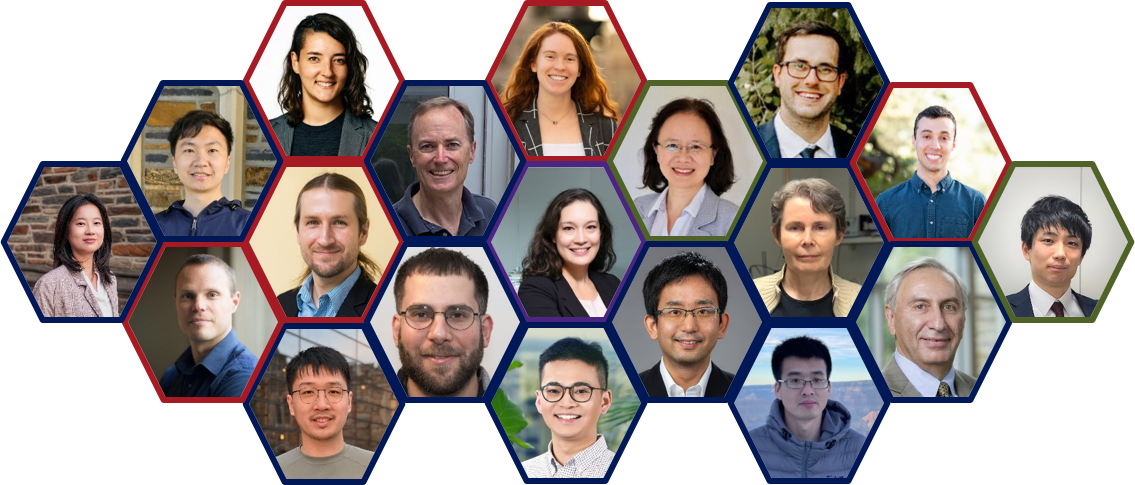The NSF Center for Molecularly Optimized Networks team, of which Professor Jian Ping Gong of the Faculty of Advanced Life Science and the Institute for Chemical Reaction Design and Discovery (WPI-ICReDD) at Hokkaido University is a member, has won a Horizon Prize from the Royal Society of Chemistry.

The Royal Society of Chemistry (RSC)’s Prizes portfolio is one of the oldest and most prestigious in the world, recognizing achievements by individuals, teams and organizations in advancing the chemical sciences. They reward those undertaking excellent work in the chemical sciences from across the world. The NSF Center for Molecularly Optimized Networks (MONET) team, including Professor Gong and Professor Michael Rubinstein of Hokkaido University’s ICReDD, was awarded for demonstrating the potential and impact of embedded mechanochemical reactivity on the mechanical limits of cross-linked polymer networks. Professor Stephen L. Craig, director of MONET, is also affiliated with the Soft Matter Collaborative Research Unit (SMCR), Frontier Research Center for Advanced Material and Life Science, Hokkaido University.
The tread of a tire or an artificial heart valve eventually wears out due to repeated use. The team took a creative view to understanding and addressing how stretchy materials eventually break down. The key, it turns out, is to trigger small chemical reactions within the material while it is in use. When the right chemistry is used, what happens in individual chemical bonds dramatically influences the mechanical limits of the material it is embedded within. In one example, the rate at which a material tears can be slowed by roughly 100-fold, opening the way for technological advances.
Related Links
Royal Society of Chemistry 2024 Horizon Prize winners: NSF Center for Molecularly Optimized Networks